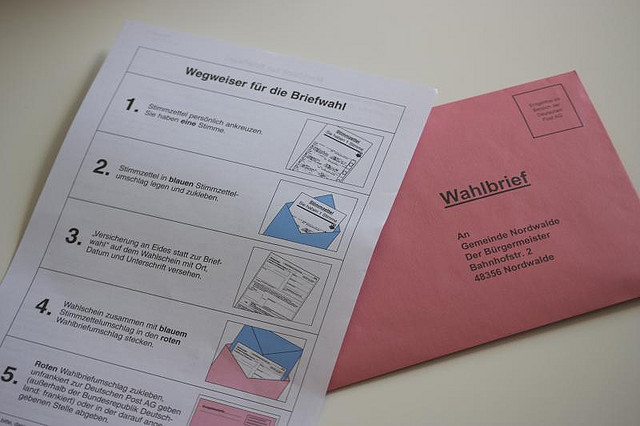If the first election in which a young voter participates is a European election then that voter is less likely to vote in any kind of election for the rest of their life compared to their first electoral experience being a national election. This finding from Professor Mark Franklin of the European University Institute in Florence, was one of the most startling takeaways from a recent Brussels gathering of academic political scientists.
Voters’ experiences of an election at one level, whether positive or negative, carry over into their behavior in elections at all other levels — and conceivably other forms of public participation. For this reason alone, anyone who cares about democracy, in Britain or anywhere else in Europe, should also care whether European elections are meaningful and interesting for voters.
This is also why political scientists from around the world are eagerly examining data from the newly enhanced European Election Study (EES). Developed with EU research funding under the unfortunately named PIREDEU project, the new EES gathers comparable data from all 27 EU member states on voters, candidates, party manifestos, media coverage and election results.
One of the most surprising findings so far from the EES, noted by a number of researchers, is that the EU itself is playing a much greater role than anyone suspected in EU election outcomes. Conventional wisdom holds that EU elections are just about national issues and used by voters to punish unpopular governments. This is indeed still often true. However, in races where candidates focus on EU issues, the media covers the EU and European issues factor into voters’ decisions. Given the chance, citizens can and do consider the European dimension of policies. But too few are ever given this chance.
Focusing on EU issues can also be a winning strategy for candidates. Specifically, political parties that discuss their vision for the EU itself, regardless of whether that vision is pro-EU or anti-EU, reap great benefits at the polling booth. This is especially true in former communist countries where voters’ political identities are still forming and many political parties are vying for their attention. In some cases, this has even led to increased voter turnout. For instance, some ethnic minority voters have responded to party messages that EU policies can support their interests by voting in greater numbers in EU elections than in national elections.
These initial findings from the EES show that, when given enough information, European citizens are capable of considering and making decisions about European policies. This learning could also be applied to EU-level public participation between elections — such as European citizens’ consultations or citizens’ initiatives.
Unfortunately, this learning has not yet percolated beyond the walls of academia. For instance, an EU electoral reform proposal from UK Liberal Democrat MEP Andrew Duff which would increase the EU content of European election is struggling to make its way out of committee. Politicians apparently think citizens don’t care about the EU and they can continue to treat European elections like unwanted stepchildren. As Professor Franklin showed with his research on young voters, this thinking is not only wrong, but potentially dangerous.
Article originally appeared on Involve on January 6, 2011.
Photo: Sam Figueroa
